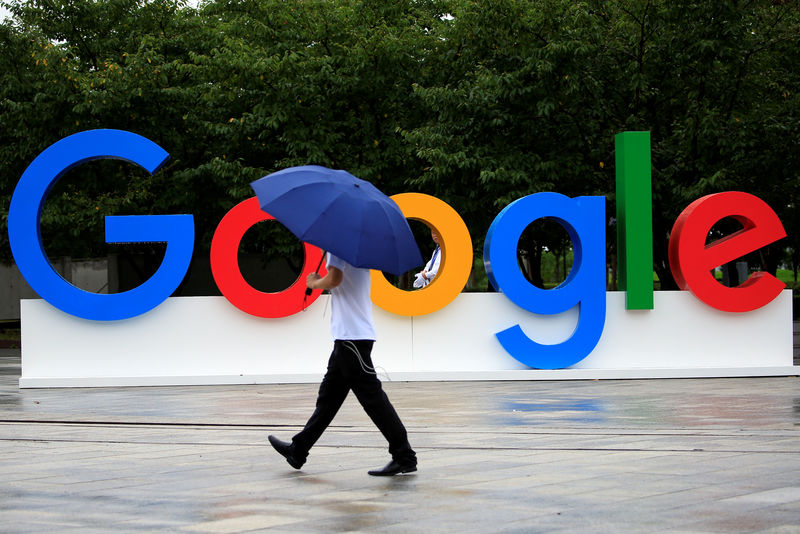This post was originally published on this site
https://i-invdn-com.akamaized.net/trkd-images/LYNXMPEH1I01L_L.jpg
(Reuters) – Waze has struggled to grow within Alphabet (NASDAQ:GOOGL) Inc’s Google, the navigation app’s former top executive said, renewing concerns over whether it was stifled by the search giant’s $1 billion acquisition in 2013.
More than 140 million drivers worldwide use Waze monthly, up from 10 million when it was acquired, according to a Wednesday blog post by Noam Bardin, who left Jan. 31 after helming Waze since 2009.
But Waze usage is flat in some countries as Google Maps gets significant promotion, and Waze has lost money as it focuses on a little-used carpooling app and pursues an advertising business that barely registers within the Google empire, according to interviews with 11 former employees over the last year.
Amid increased scrutiny of “killer acquisitions” designed to neutralize potential competitors, antitrust critics and U.S. lawmakers in recent months have questioned whether competition authorities failed by allowing Google to purchase Waze.
“We could have probably grown faster and much more efficiently had we stayed independent,” Bardin wrote, noting that Google imposed constraints on Waze and copied its ideas into Google Maps.
Bardin, who has yet to be replaced, declined to comment further.
In response to his blog, Google said it “invested enormously” in Waze and its community, citing increased marketing spending, and added features such as Waze Carpool, toll prices, contactless fuel payments and integration with Audible.
“We wish Noam all the best with his future endeavors,” it said in a statement.
Former employees said Bardin tried to maintain an innovative culture by holding get-togethers apart from the rest of Google and discouraging promotion and bonus procedures popular at other Google units.
But Bardin said he was naive to believe that Waze could reach its full potential within Google despite the semi-autonomy.
“We ended up with the worst of both worlds – the challenges of a start-up (scale, access, distribution) with the constraints of a corporation (forced to use internal not-best-of-class systems, cost structure, politics, culture etc) all aggravated by the inability to quickly hire and fire,” Bardin wrote.
Google perks, including free meals, stock-based compensation and liberal leave policies crept into Waze and eroded its “startup magic,” he lamented.
Founded in 2008 in Israel, Waze grew popular because it crowdsourced map and traffic information from users, keeping it more updated than rivals and shaving minutes off journeys.
Before the pandemic, Waze generated more than $200 million annually from fast food, retail and other ads shown throughout its app, two former employees said, but how to grow further has been a big internal debate.
Some employees advocated an increased focus on advertising, but Bardin was more interested in an app Waze launched in 2016 to connect commuters with people who would pay them for rides, the sources said.
Waze Carpool generated 550,000 rides in September 2019. To stoke usage last year, Bardin encouraged employers to subsidize commutes of essential workers. Results of that effort have not been disclosed.

